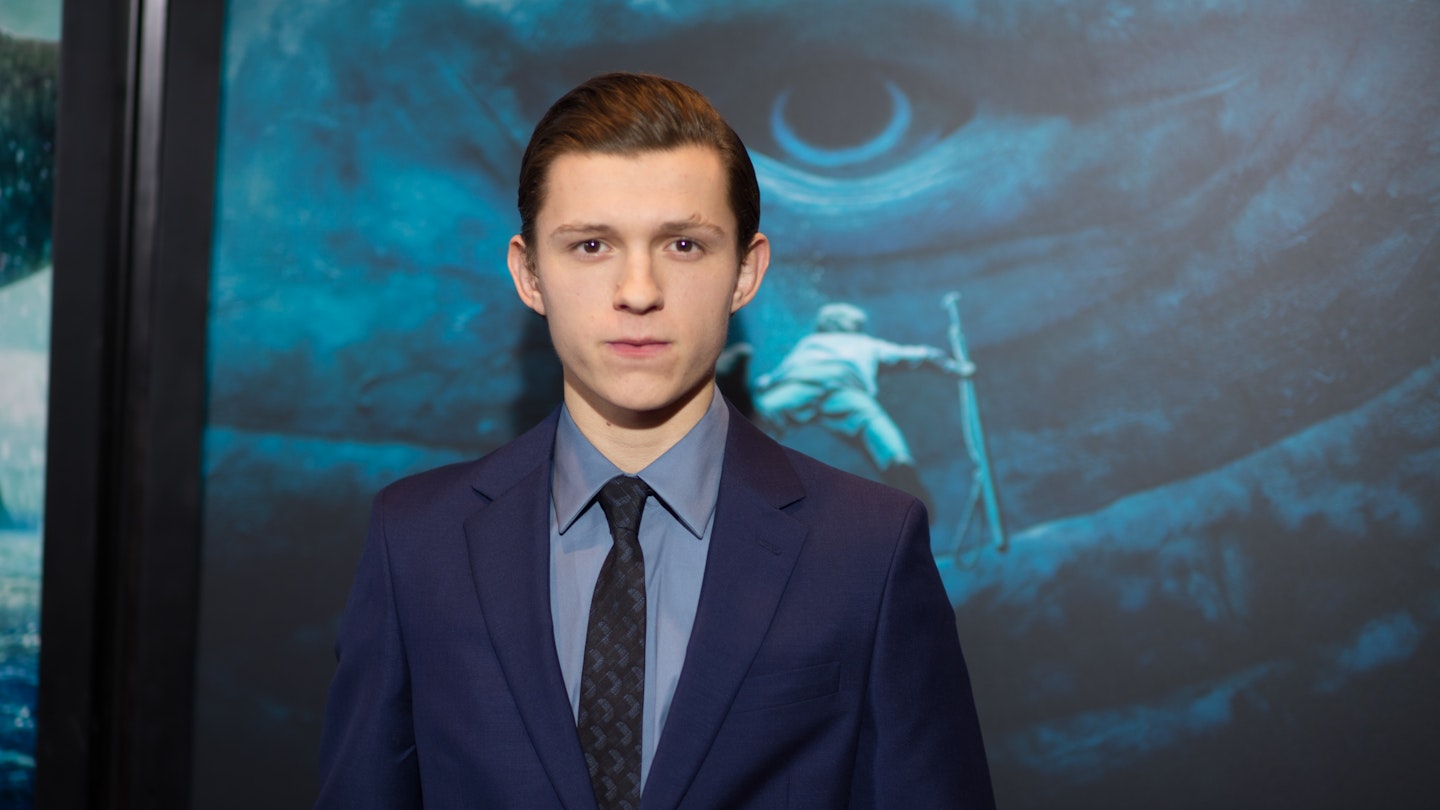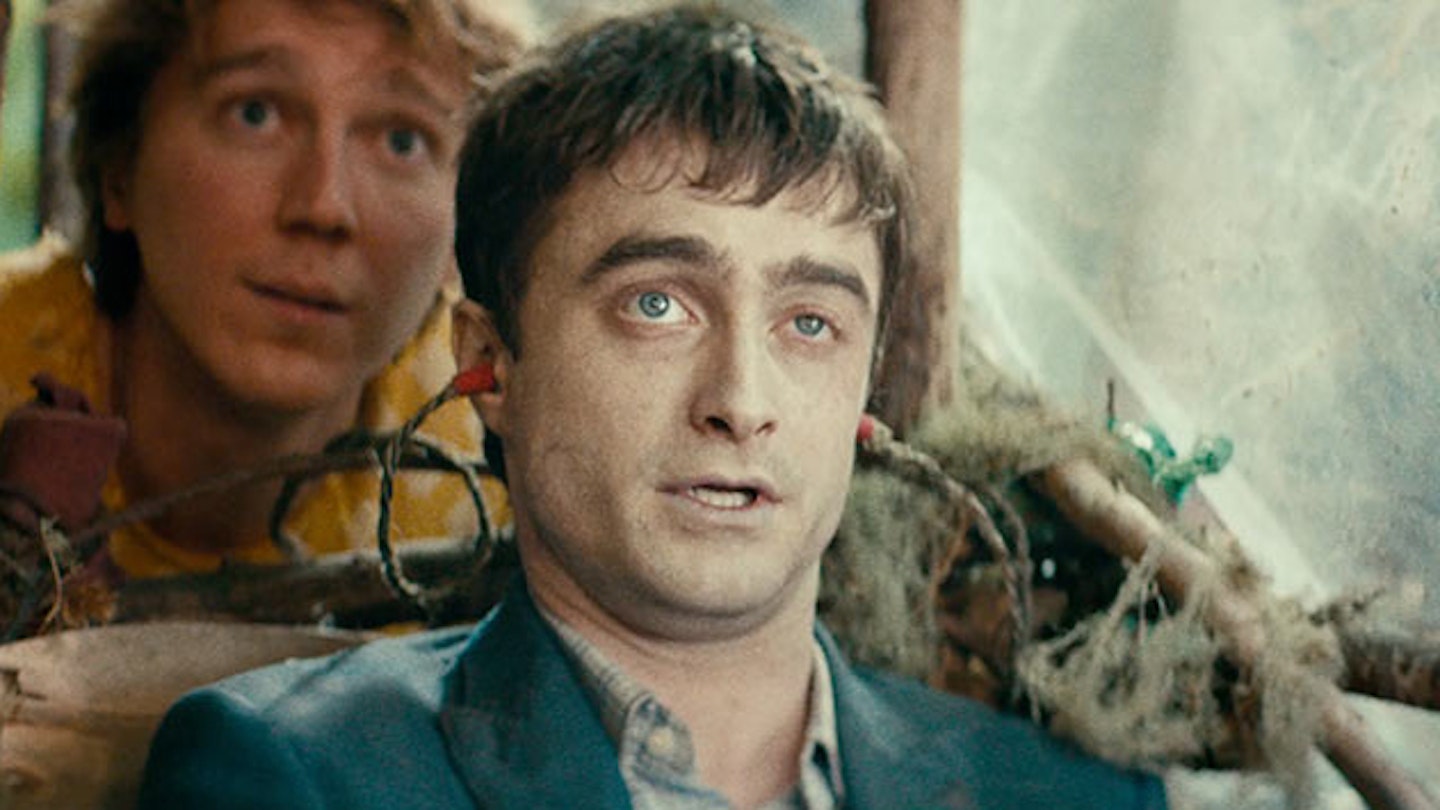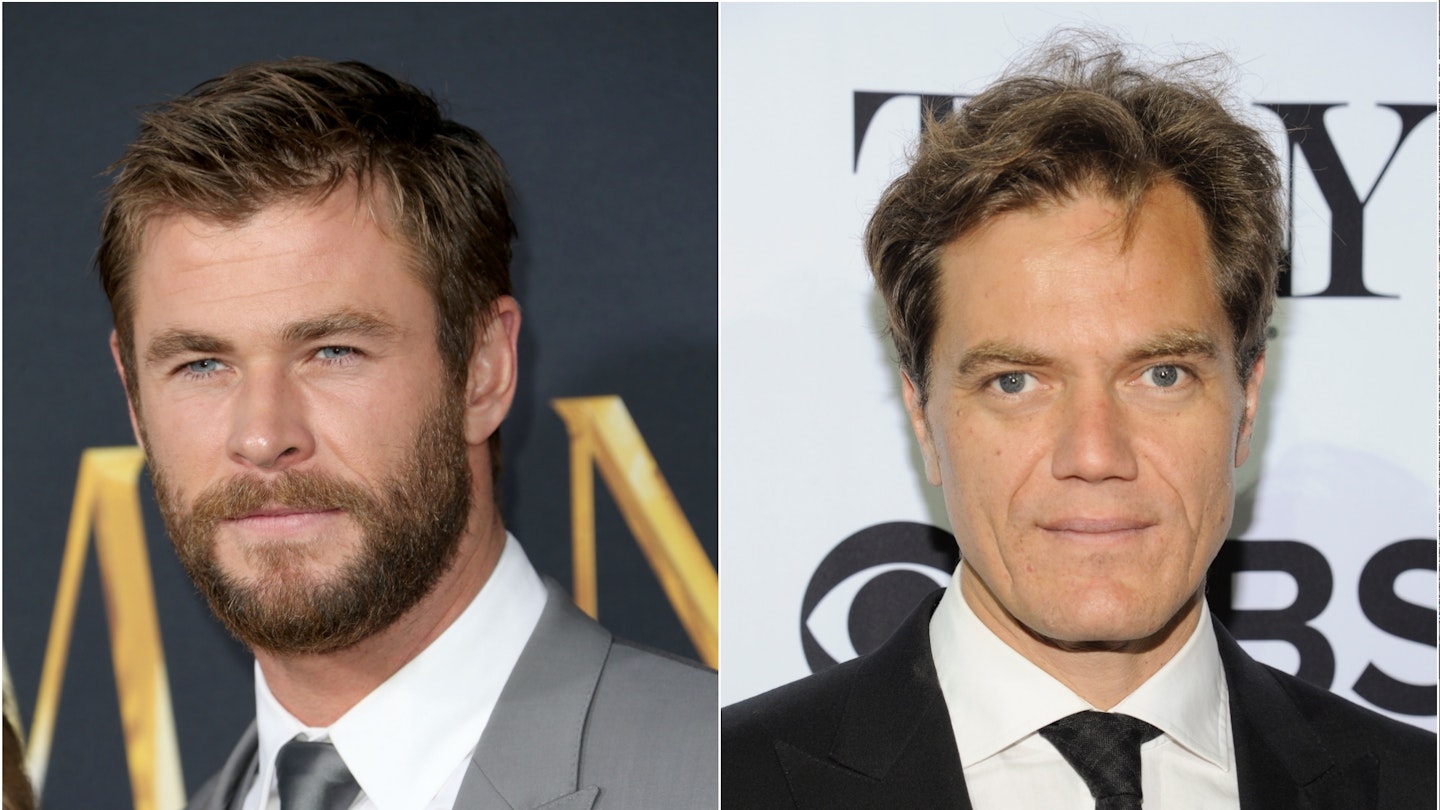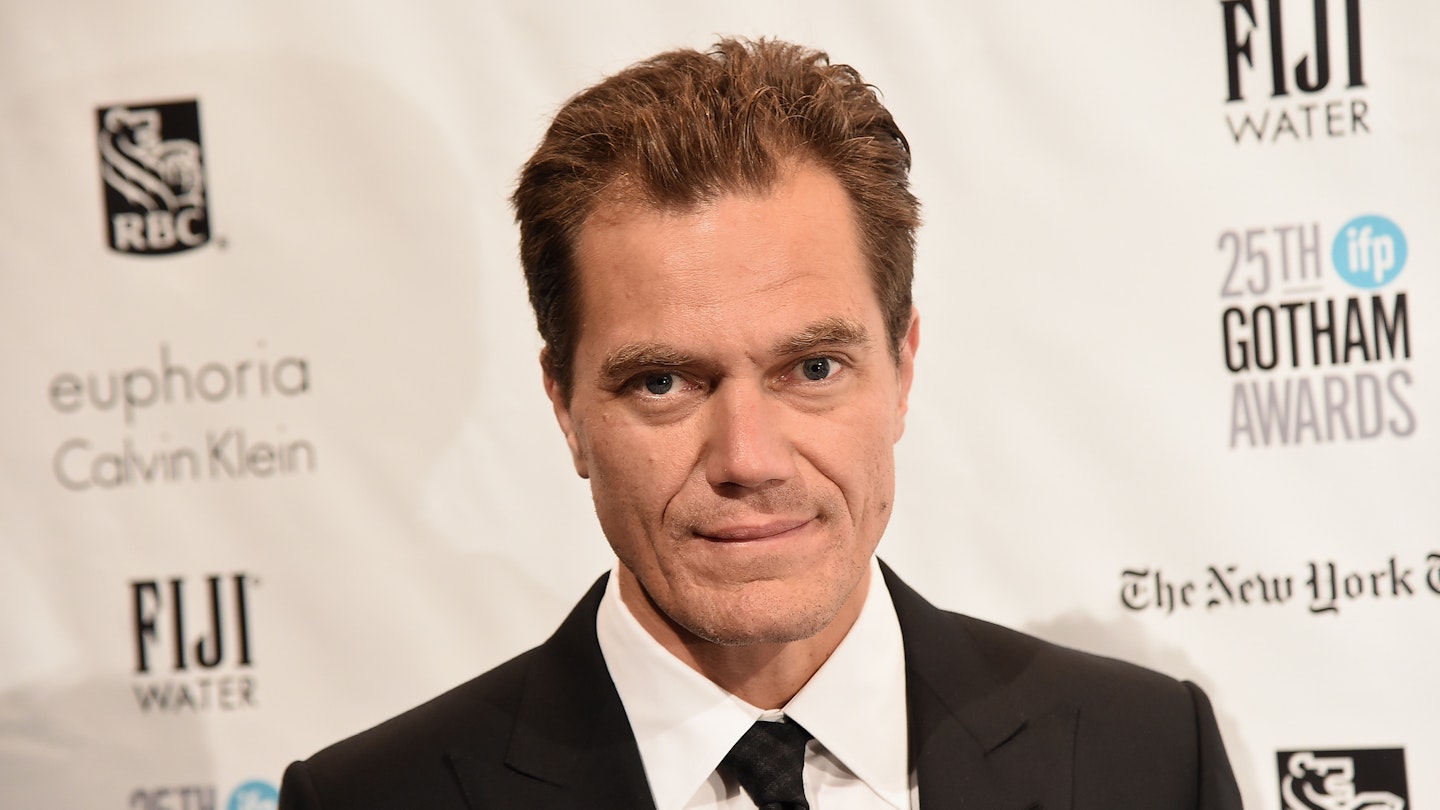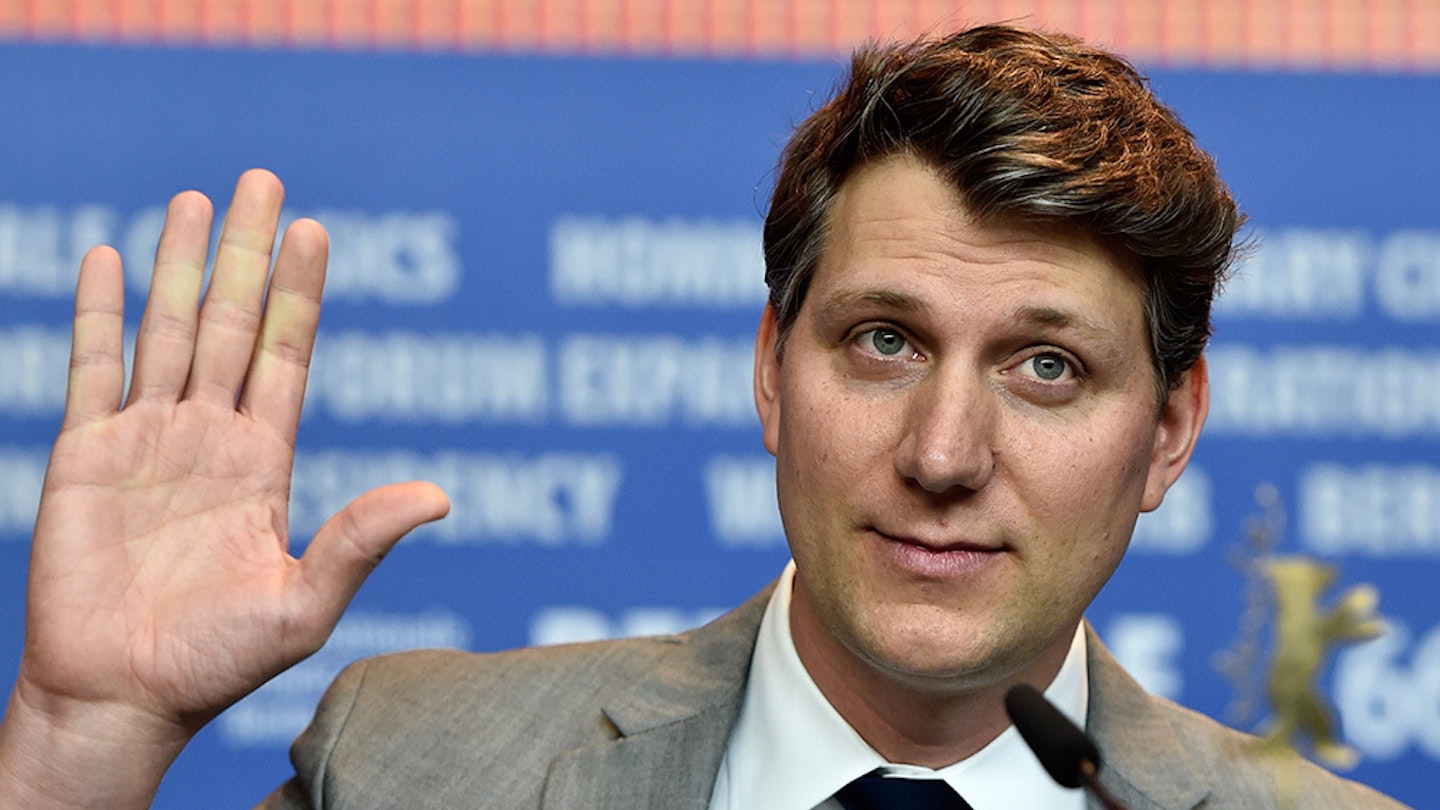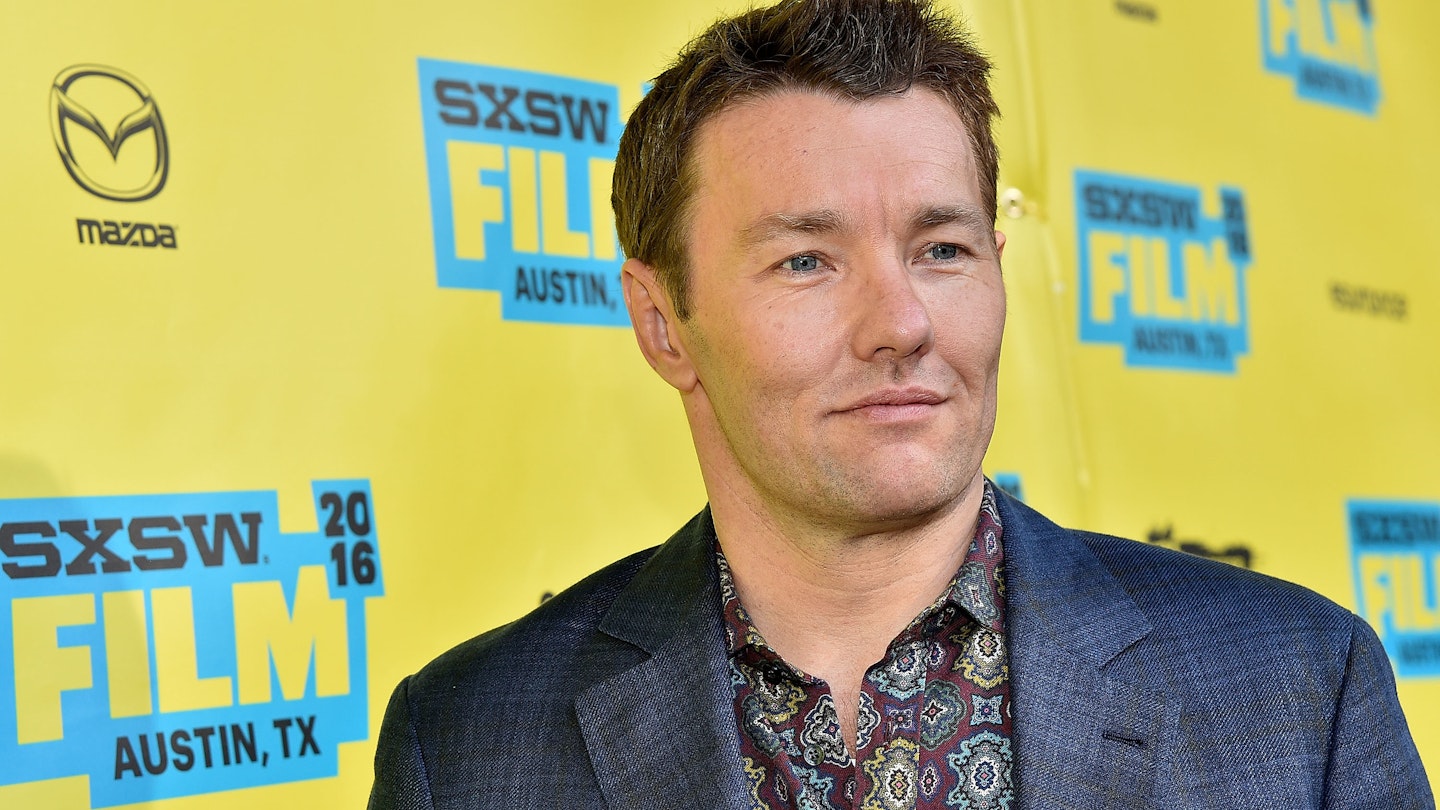“I’m pregnant.” Anyone who’s ever heard, or indeed said, those words will fully understand their sheer stomach-lurch impact. And though too often wasted on default soap-opera plot lines, they can still exert dramatic heft — if the context is true and the delivery sufficiently well-measured. It’s hard to imagine a better way writer-director Jeff Nichols could have opened his real-life civil-rights-case feature Loving. Not with a montage of historical photos or news footage. Not with an audience-easing-in, scene-setting block of text. But just with two people, an African-American woman and a Caucasian man, sat together on a veranda with these two-and-a-half words hanging in the balmy night-air between them. Words which will not only be life-changing for the couple, but will ultimately push their entire nation further along the path to racial equality.
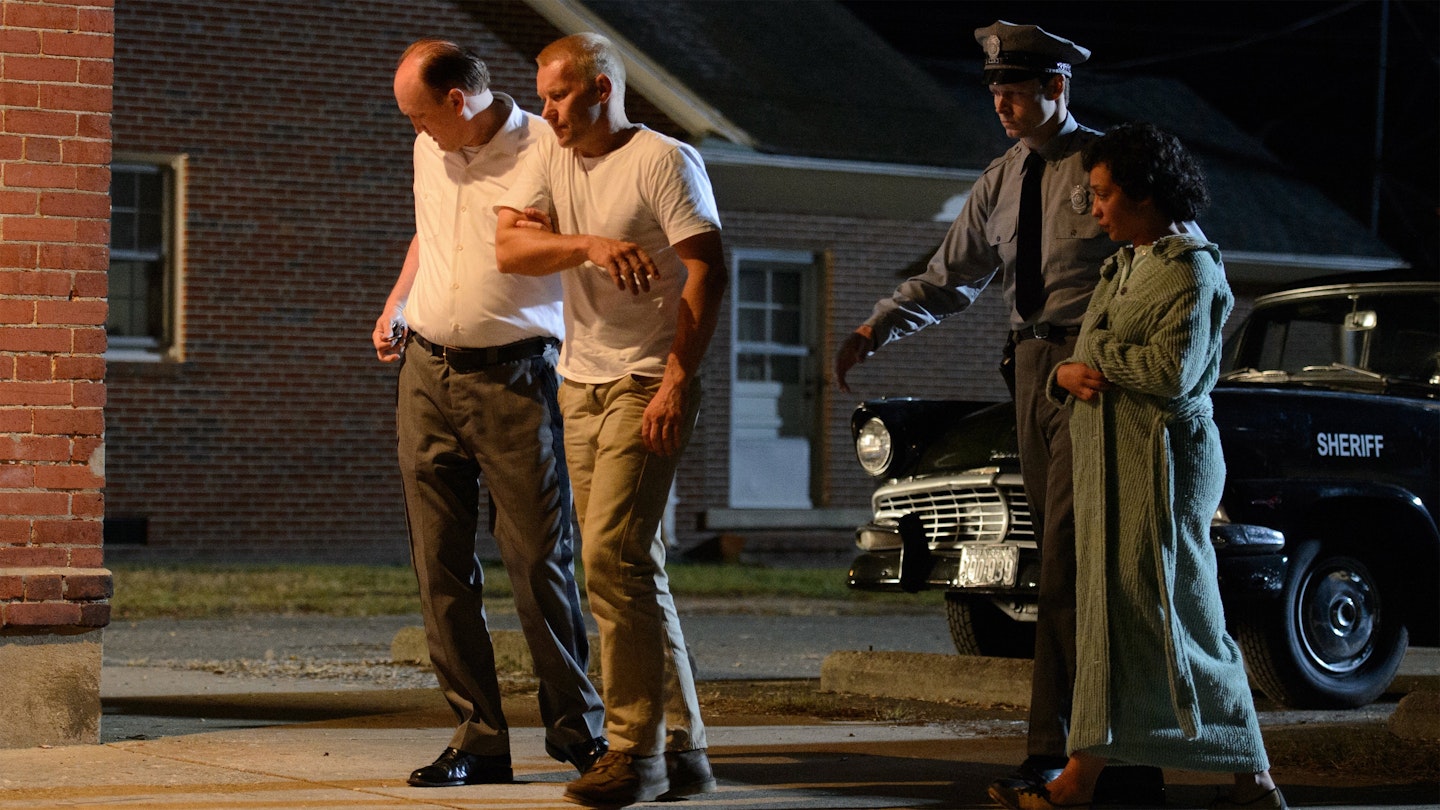
The way personal tribulation can echo loud enough to bring political and social change is Nichols’ primary concern in Loving. In this sense, it’s not so different from his previous films as you might expect. Yes, Take Shelter was about a man who suffers visions of global apocalypse. Yes, last year’s ambitious Midnight Special was an ’80s-style science-fiction chase picture. But they resolve the intimate with the epic by understanding that you can’t effectively depict momentous events without rooting them in a personal perspective. Take Shelter’s true strength wasn’t in its impressive, horizon-consuming images of environmental catastrophe, but in the way it pulled us so close to the family affected by a husband/father suffering traumatic hallucinations.
Loving soars thanks to its narrative approach and career-best performances from Negga and Edgerton.
Here in Loving, then, the focus is firmly on the two people who share the name that gives the film its wonderfully neat title. Nichols is too quiet a talent to blare out a loud-and-worthy, awards-bait period piece. Which makes the film, for the most part, an admirable exercise in cliché avoidance.
Mildred (Negga) and Richard (Edgerton, bleached almost beyond recognition) are arrested, told their marriage is illegal in the state of Virginia, and callously exiled from the place they both grew up. They seek legal help, but neither wants to change the world; they only want to raise their children alongside their aunts, uncles, cousins and grandparents. It’s homesickness which drives Mildred to write to Attorney General Robert F. Kennedy to plead their case, and it’s with a deep reluctance that Richard agrees to let the American Civil Liberties Union (ACLU) take it all the way to the Supreme Court. Talk of changing the US Constitution means nothing to him; he just wants to take care of his wife and family.
Not that Richard is selfish, or ignorant — though he may have appeared so in the hands of a lesser actor than Joel Edgerton. Similarly, Mildred may have seemed mousey and submissive if not portrayed with such beneath-the-surface grit by Ruth Negga. Both actors deliver performances that are astounding in their subtlety, and show immense strength through their exquisite tenderness. The Lovings’ marriage is not a verbal one; neither is it particularly articulate, nor confrontational. They communicate primarily via touch and eye contact, rarely raising their voices. Their relationship suffers unbearable tension but they do not row. They do not respond with aggression to the horrific prejudice thrown at them. And attention isn’t something they crave.
For the most part, it's an admirable exercise in cliché avoidance.
They even refuse to attend the Supreme Court hearing that will decide their fate and change the law. When Richard is asked by his ACLU lawyer (Nick Kroll) if he’d like to pass on a statement to the judges, a lesser filmmaker would have given him an impassioned, third-act power-monologue. But Nichols is true to his subjects, and Edgerton’s Richard is a man for whom being part of historical events is like being trapped in a loud party full of people you don’t know. “Tell the judge I love my wife,” he grunts. And in so doing says everything he needs to.
Nichols unfurls the story at a soft, natural pace, though it spans nine years, and it might feel too slow, sedate and even anti-climactic for some. And for those happy to ease into its light-touch approach, there is the occasional jarring moment, such as when Hollywood rent-a-baddie Marton Csokas slaps on an unwelcomely thick slice of ham as a viciously racist, lip-curling sheriff. However, Nichols and his lead actors’ astonishing attention to emotional detail isn’t easily tainted. Together, they triumphantly present a relationship judged ‘unnatural’ by arse-headed anti-miscegenation laws as being clearly the most natural thing in the world.
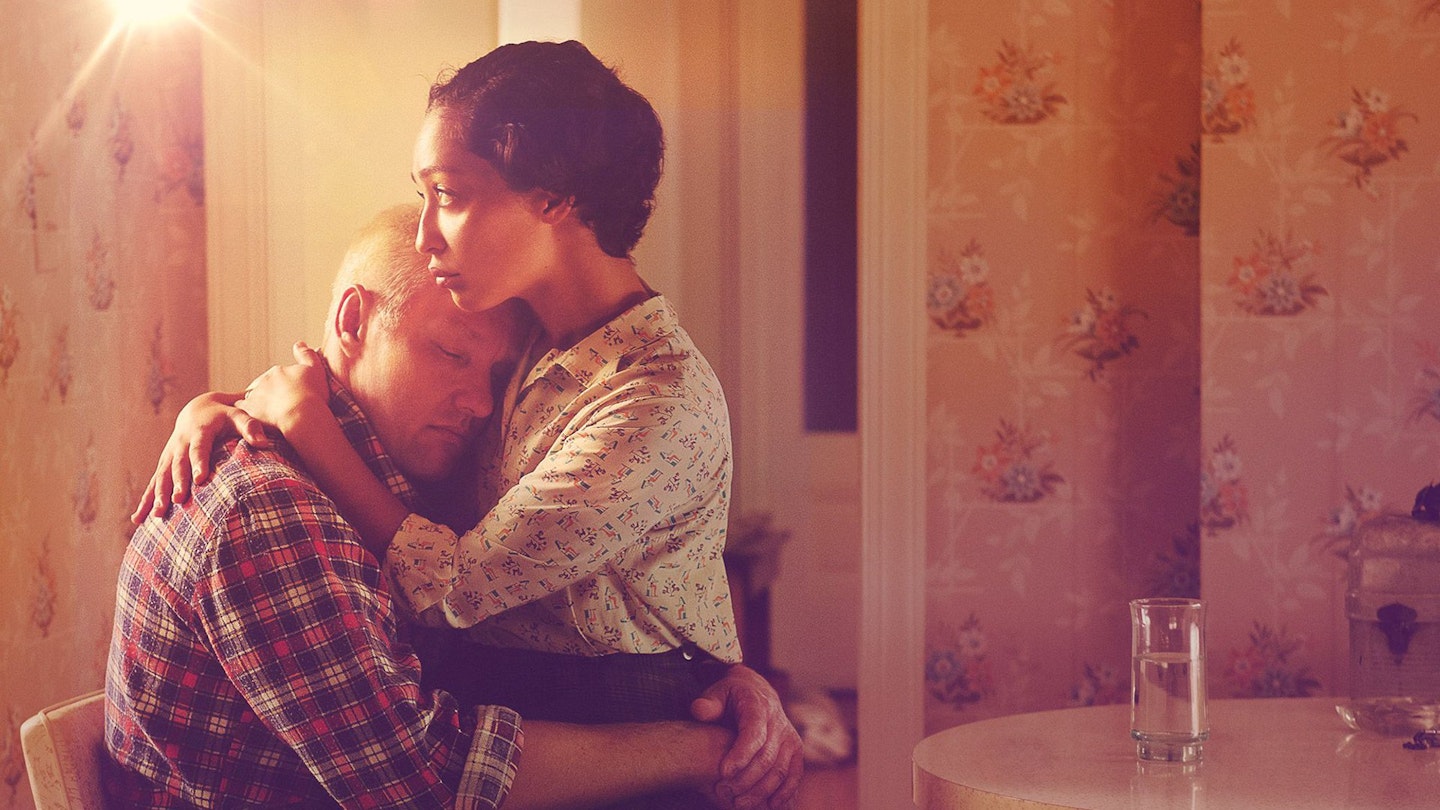

.jpg?ar=16%3A9&fit=crop&crop=top&auto=format&w=1440&q=80)
